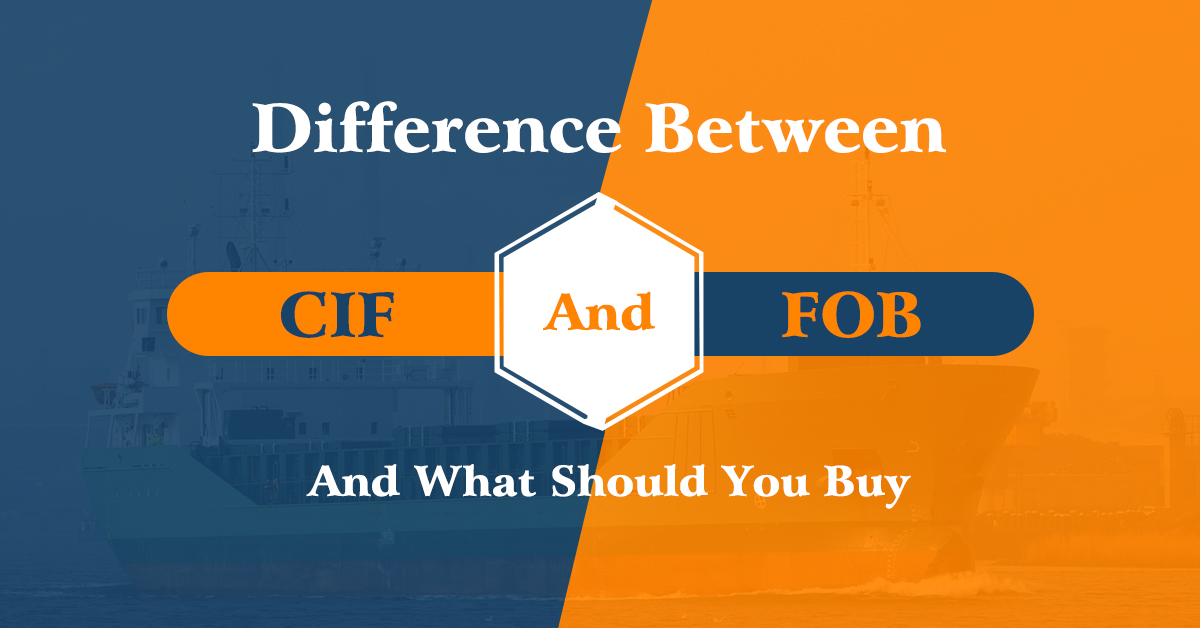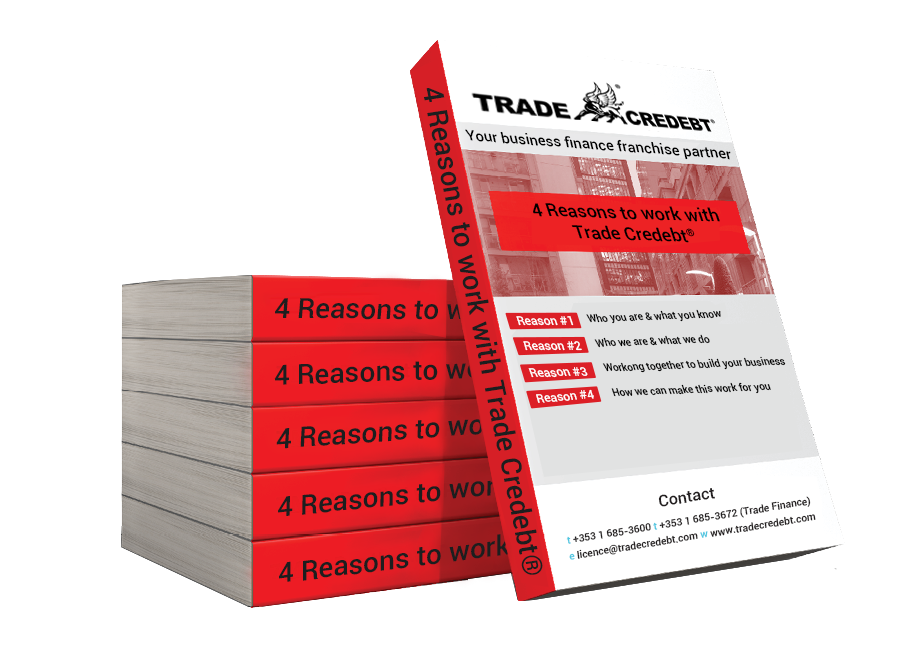Difference Between CIF and FOB and What Should You Buy
When carrying out international trade it is important to have a clear idea of the different terms used in the movement of goods. The shipment of goods is done using legal agreements. The two commonly used agreement models are CIF (Cost, insurance and freight) and FOB (free on board). Each agreement clearly defines who will be responsible for the goods while they are moved from a destination to another. It also specifies the point at which the responsibility is passed from one party to another.

What is CIF?
“Cost, insurance and freight” or CIF is primarily the responsibility of the seller until the cargo has been delivered. This means the seller is liable for risks and insurance costs until the shipment reaches the buyer. The moment the cargo reaches the buyer’s port and is moved out, the liability and ownership get transferred to the buyer.
This means that sellers are responsible for the risks related to shipping. This includes all the necessary customs documents required by both departing and arrival countries, ensuring safe delivery of the goods at the destination country, and paying insurance costs.
What is FOB?
“Free on board,” or FOB, or “freight on board“- is divided into two parts: ‘Destination or Origin’ and ‘Prepaid or Collect’. FOB Origin is where the buyer assumes ownership of the goods from the outset. The responsibility of the buyer starts when the goods are loaded onto the vessel by the shipper. ‘FOB Destination’ is where the buyer assumes ownership of the goods when they reach their destination. This means the shipper is responsible for the goods while they are in transit.
FOB Origin is generally used where the responsibility of the cargo will be taken by the buyer once it leaves the seller.
Download Book Now

Why buy CIF?
If the importer is new to international trade and has a small cargo to transport they then generally buy CIF. This option is more convenient for importers as they don’t have to deal with shipping or other freight details. However, it is important to understand that this method may be more expensive to get goods delivered. It is the responsibility of the supplier to take care of insurance and freight. For a new importer, handling these things may be a complicated task. They can be left to the supplier. This may be the easiest and quickest way to get the cargo delivered but it may incur higher expenses. The costs are higher in this scenario as the vendor will take care of everything including their own forwarder. All of these interactions will affect the profit margin.
Once the number of CIF shipments increases it may become difficult to keep track of shipment information accurately. Issues during transit may not be handled properly by overseas suppliers. The responsibility of the supplier ends once the goods reach the destination port. If Any issues arise then unexpected expenses may have to be incurred. Importers must depend on the freight agent and the supplier.
CIF buyers may end up paying insurance and freight costs applied by the supplier. In trading, insurance and freight charges may be applied to the final invoice. They cannot be estimated. They must be submitted to customs as evidence of payment. When buying FOB you these charges will not be included in the selling prices.
Why buy FOB?
When compared with CIF, buying BOF has benefits; better control over freight costs and the freight itself. There may be a competitive edge on the freight rate. Accurate information about these costs is available in a timely manner from the freight forwarder. The logistics partner will work as a partner.
Pros and cons of CIF
Pros:
The shipping details will be managed. Shipping expenses will not have to be paid, as they will be dealt with by the seller.
Cons:
When buying CIF control over the shipping company is ceded. Also, it is up to the shipping company what route they choose to deliver the goods and the timescale for delivery. Generally, the shipping company works for the seller. This means the company has no obligation to the buyer. Should anything go wrong during the shipment the company will not be required to make recourse.
Pros and cons of FOB
Pros
FOB confers complete control over the shipping company to the buyer. This includes the route and the timescale. Should anything go wrong, the contact at the shipping company must resolve the issue. Paying for the shipment includes legal recourse in the event of an issue.
Cons
The buyer must bear all shipping costs. This may make shipments more expensive.
The difference between CIF and FOB
Both are recommended for inland and international water transport as per Incoterm 2010.
The way risk and responsibilities are transferred at the port of loading from the seller to the buyer depends on CIF or FOB you choose. In case of CIF the seller takes the responsibility till the cargo reaches the destination and also manages export customs clearance. FOB starts when the vessel reaches the destination and the responsibility is of the buyer who is the importer of the goods.
Summary
This post illustrates the freight agreement options available in international trade. CIF or FOB are two options. It is important to be careful to choose the option most suitable for the given business.
Popular Post Like This
| BANK BORROWING | TRADE CREDEBT® | |
|---|---|---|
| No personal guarantees * | ||
| No liens/debentures * | ||
| Quick application | ||
| Quick decision | ||
| Commercial perspective | ||
| Consultative process | ||
| No credit limits | ||
| Light on administration | ||
| Quick access to cash | ||
| No exit fees * |
